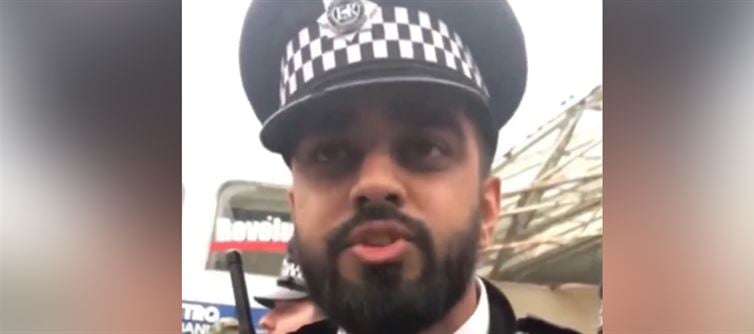
The situation quickly escalated into a broader discussion on religious freedom and perceived double standards in policing. Critics argue that the preacher was exercising his legal right to free expression and religious proclamation in a public space, a right protected under UK law as long as it does not incite violence or hatred. They contend that the officer’s response, rather than promoting community cohesion, appeared to silence one form of religious expression to protect another. This has led to concerns about impartiality in policing, especially when officers’ personal beliefs may appear to influence their professional duties.
Supporters of the officer, however, argue that the police have a duty to maintain public order and prevent any speech that may incite hostility or unrest. They assert that in a multicultural society like the UK, speech that is perceived as provocative or disrespectful towards other religions—regardless of intent—must be handled with sensitivity to avoid community tensions. Nonetheless, the incident has stirred a wider national conversation about the limits of religious expression, the responsibilities of law enforcement in religiously charged scenarios, and the need to ensure that laws are applied equally and without bias.




 click and follow Indiaherald WhatsApp channel
click and follow Indiaherald WhatsApp channel